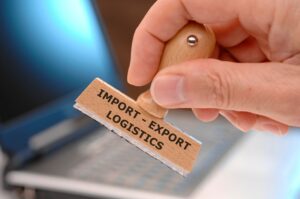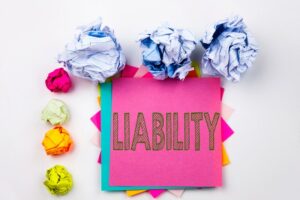The letters in an employee’s tax code signify their entitlement (or not) to the annual tax free personal allowance. The tax codes are updated annually and help employer’s work out how much tax to deduct from an employee’s pay packet.
The basic personal allowance for the tax year starting 6 April 2024 is £12,570 and the tax code for an employee entitled to the standard tax-free Personal Allowance is 1257L. This is the most common tax code and is used for most people with one job and no untaxed income, unpaid tax or taxable benefits (for example a company car).
Emergency tax codes can be used if HMRC does not receive a taxpayer’s income details in time after a change in circumstances such as:
- a new job
- working for an employer after being self-employed
- receiving company benefits or the State Pension
Employees on an emergency tax code will see one of the following codes on their payslip:
- 1257L W1
- 1257L M1
- 1257L X
These codes mean that an employee’s tax calculation is based only on what they are paid in the current pay period. The emergency tax codes are temporary and will usually be updated once the necessary details about previous income or pension payments are sent to HMRC. Taxpayers will remain on an emergency tax code until they have paid the correct tax for the year.



